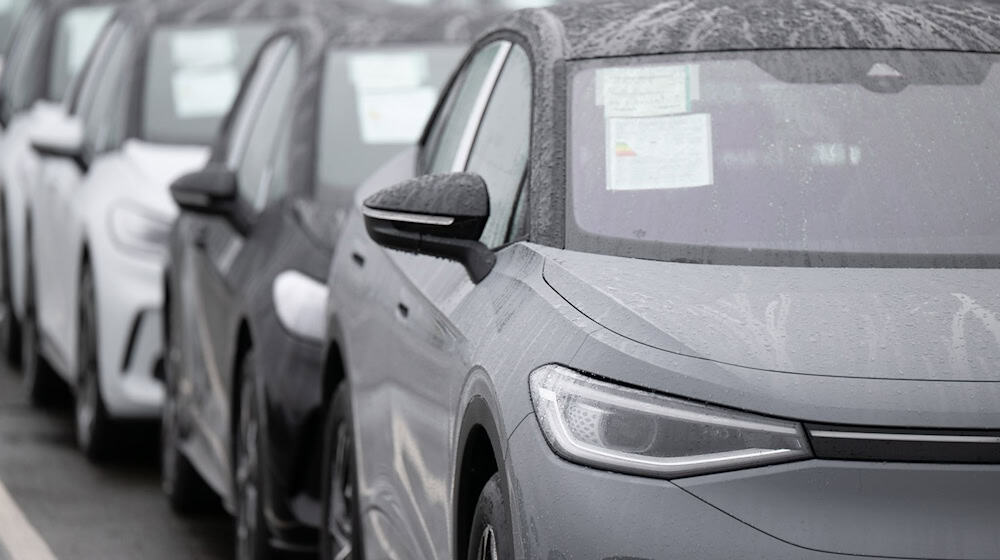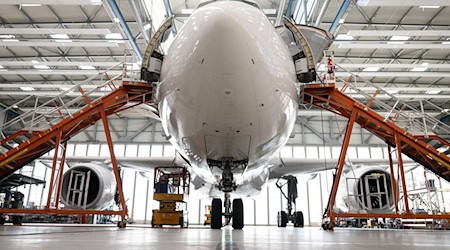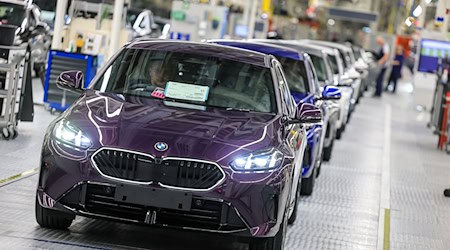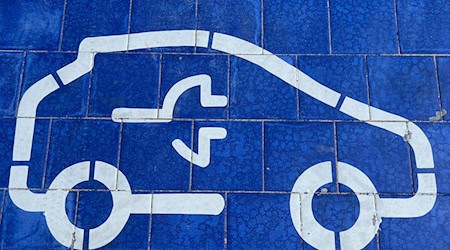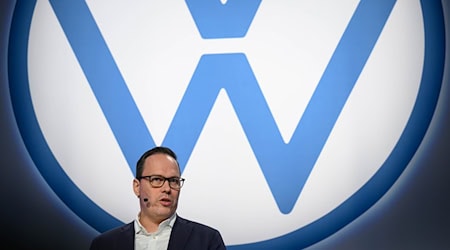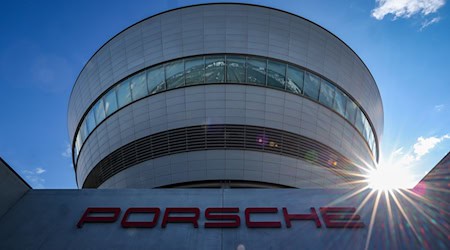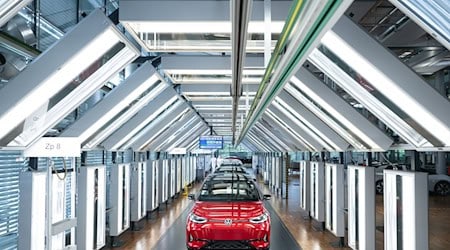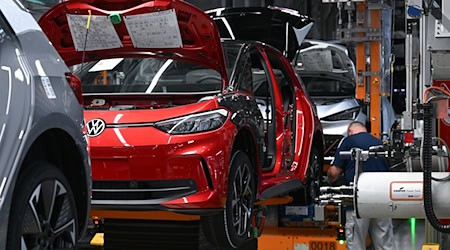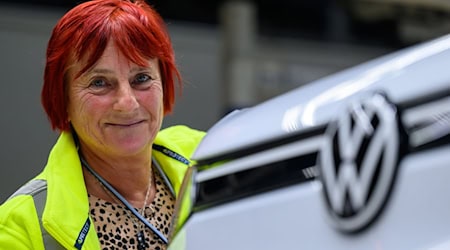Saxony's Minister President Michael Kretschmer is once again questioning the 2035 phase-out of combustion engines. At the car summit in the Chancellery, there was no one "who is of the opinion that 2035, as it is now set, can be maintained", the CDU politician told MDR aktuell. "It is not achievable to go fully electric in 2025. And that's why the outcome of yesterday evening is quite clear: we need to make adjustments here. We need flexibility."
He also criticized the tariffs paid in the car factories. IG Metall immediately rejected this. Politicians should concentrate on their own tasks, explained district manager Jan Otto. "The crisis in the German car industry has nothing to do with collective agreements."
Kretschmer said that it was politics, not industry, that had set the path to electromobility. "These exaggerated targets are damaging, they are causing huge uncertainty, and in the supplier industry in south-west Saxony in particular, the concerns are very, very great. And that's why I'm glad that a little more common sense, a little more realism was achieved yesterday."
Kretschmer: weekly working hours must be increased
The head of government also criticized wage costs in German car factories as being too high and called for a return to longer weekly working hours. "Let's take a look at what it costs to assemble a vehicle in Germany, Poland, Spain or Mexico. And we realize that we are not competitive. That's why we need to talk to the trade union, we need to talk to the works councils about increasing the number of hours we work in the plants, about increasing efficiency," said Kretschmer.
"The employees in the supplier industry see what is earned in the factories, what the working conditions are like there, compare it with their own and are then really annoyed because they say: the industry is moving away to other countries, but not because of us as suppliers, but because the factories have probably overdone it with the collective agreements."
Union: German manufacturers have overslept e-mobility
The IG Metall sees things completely differently. Collective agreements have made the German automotive industry productive and successful, explained district manager Otto. "The fact that German industry is weakening in some areas is not due to working hours and collectively agreed wages. It is mainly due to home-made problems: German car manufacturers slept through e-mobility for a long time." Furthermore, it makes no sense to play off supplier employees against everyone in the car factories.
At the VW factories in Zwickau and Dresden in Saxony, the production lines have been at a standstill this week. The reason for this is the weak demand for e-cars from Volkswagen. Production is set to restart next week. Kretschmer plans to visit the plant in Zwickau on Monday together with the Saxon Minister for Economic Affairs Dirk Panter and the Federal Minister for the Environment Carsten Schneider (both SPD).
Copyright 2025, dpa (www.dpa.de). All rights reserved

